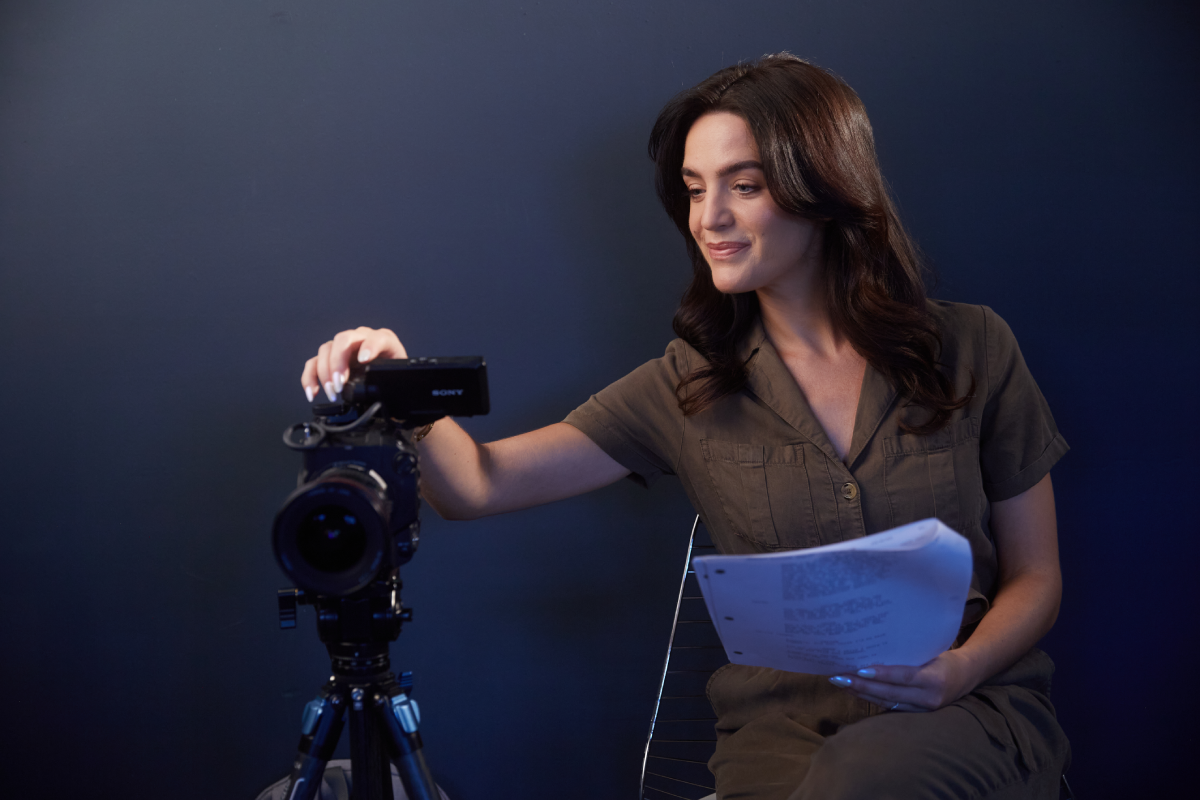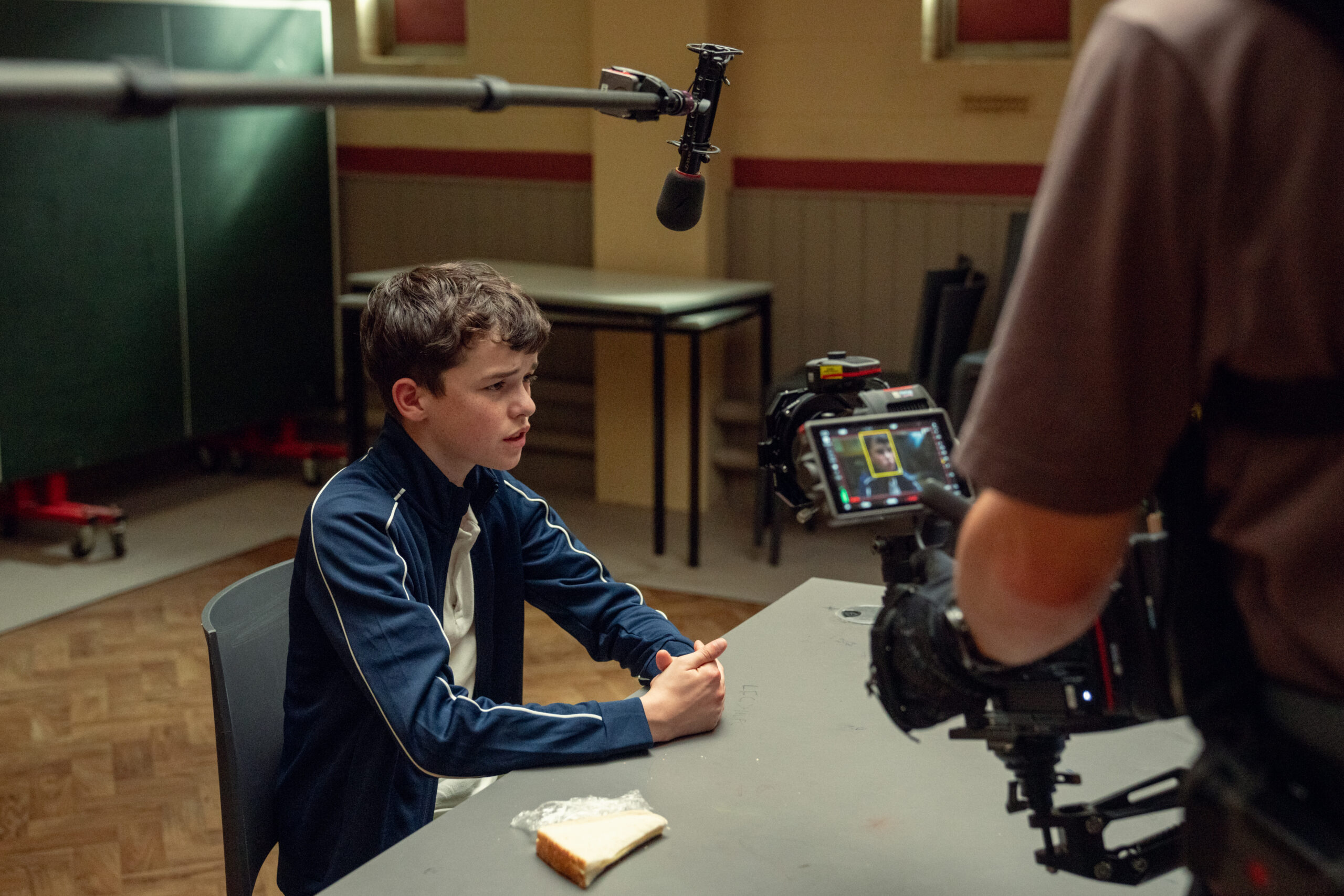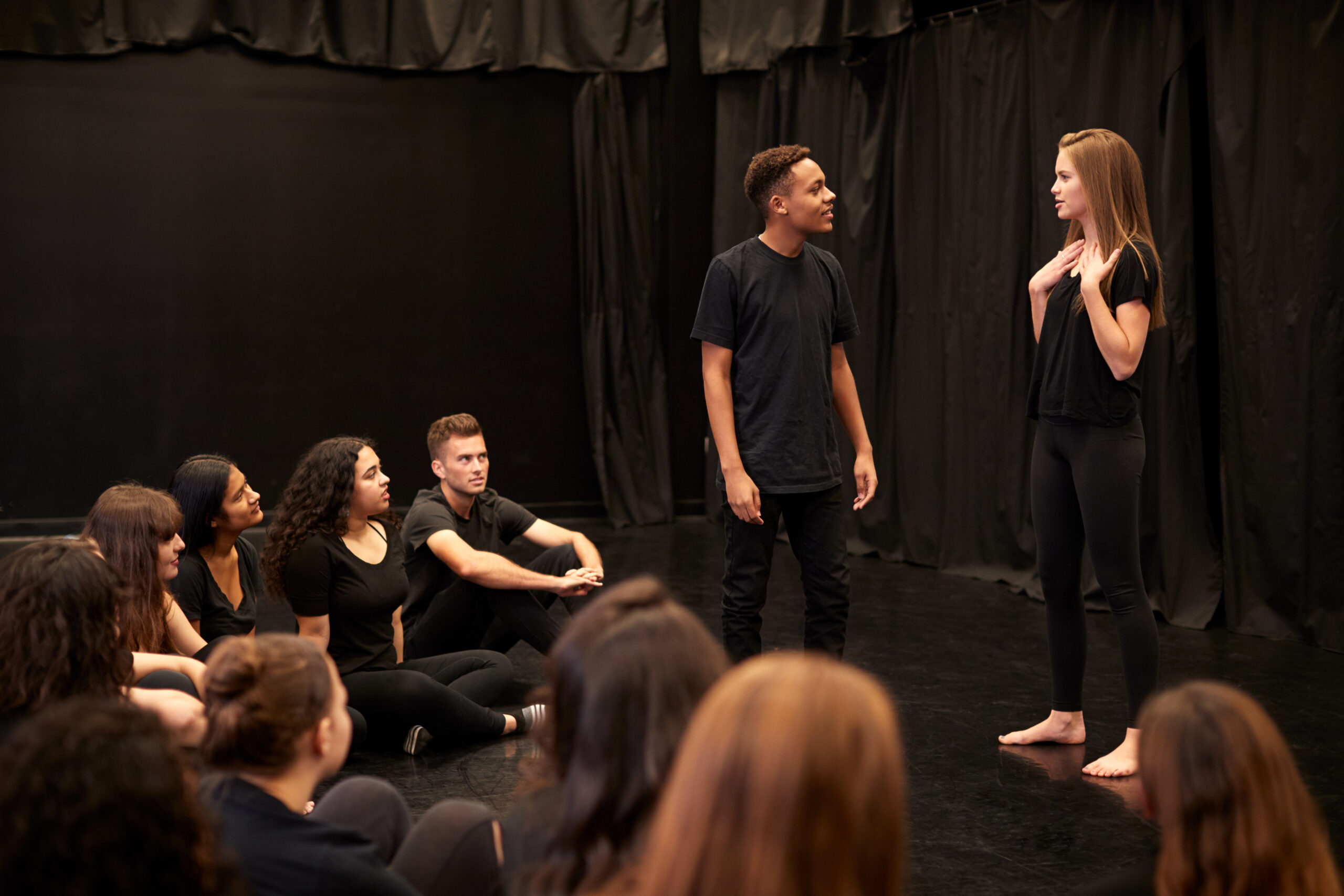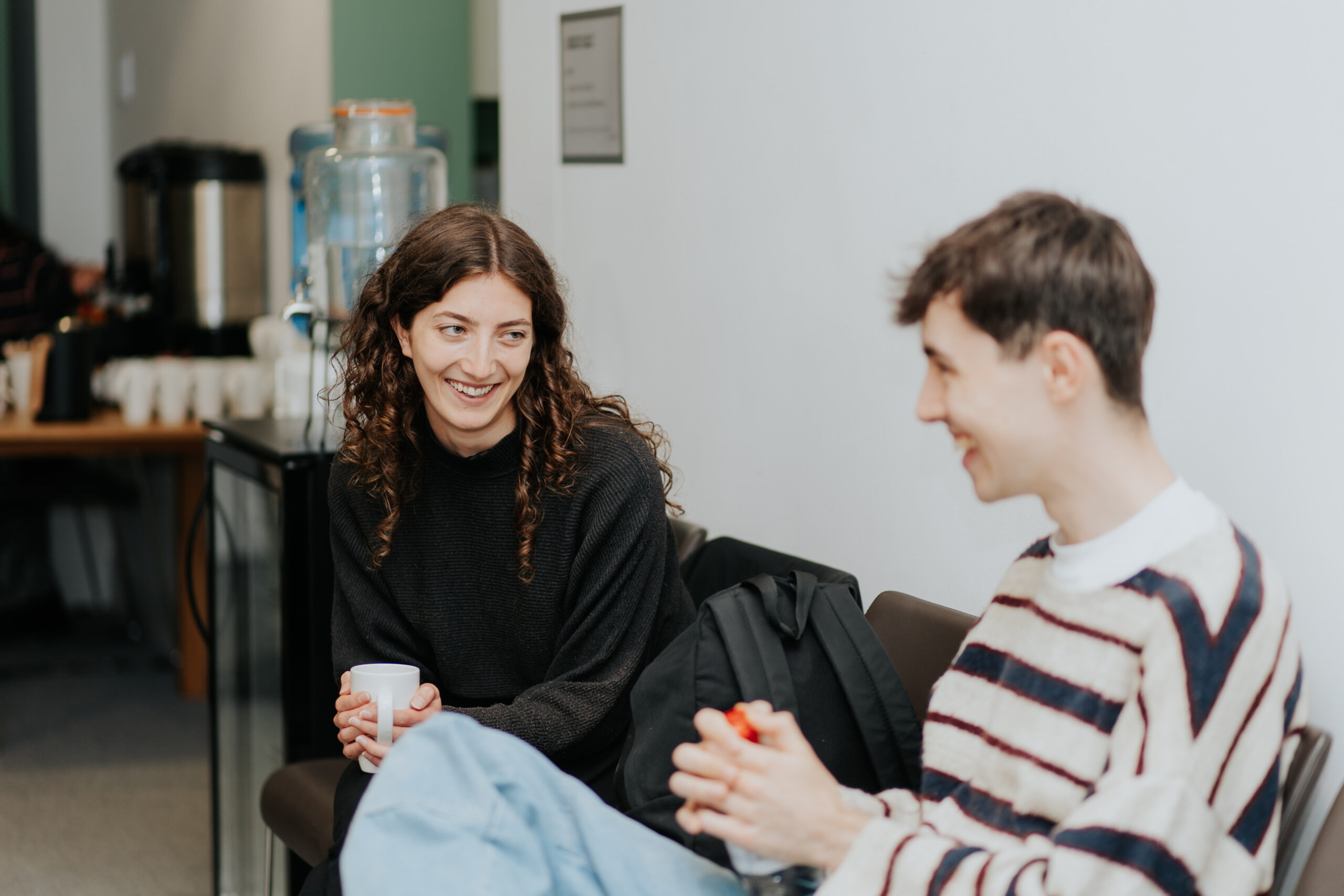Joe Richardson from the Guildford School of Acting audition panel gives us his insight into nailing your drama school audition…
At Spotlight’s recent Open House, Joe Richardson led a session on the kinds of things you’ll need to ace your drama school audition. If you’re thinking about getting some formal training, we have lots of great advice and first person stories on different types of training, drama schools, and more.
Choose something appropriate
This should be a monologue from a play – not a song, or a poem, or anything else! It can often be either classical or contemporary, but be sure that it’s definitely a piece from a play that you think represents you as a performer well. Show yourself in the best possible light! And don’t start off on the wrong foot by choosing something from a different medium to adapt into a monologue, if there are specific criteria. You might think you’re setting yourself apart, but chances are this will backfire. Show you can follow instructions and work on something that presents your craft at its best.
Work with others
In any movement workshop or similar, a willingness to work with others and collaborate is vital. This means leading and following as appropriate, observing those around you and noticing what’s going on. Keep your eyes and ears open for opportunities to show your willingness to be a part of a creative team.
Make the space yours
For the time in which you are performing the monologue, make the space your own – take ownership of it. “The space is yours, this is your room – you’re not renting it for two and a half minutes,” says Joe. Take command and show your confidence in the space.
Don’t demand feedback
A lot of drama schools won’t give any, unfortunately. This is because of the huge numbers of people who are seen, as well as the fact that you’re very likely to get a whole set of conflicting advice – chances are it won’t be all that useful to you. Try not to feel too worried about what their feedback might be. It can be hard to accept, but the reality is that there isn’t always going to be clear and constructive feedback on your work as an actor.
If you’re directed, take it on
On the other hand, if you are given some direction or feedback, show that you’re open to it. Since trainability and adaptability are important to your success in drama school, don’t just ignore direction if it’s offered. Demonstrate to the panel that you’re willing to take the advice and/or critique and adjust accordingly – they may ask you to repeat a section of your monologue in a different way. Even if you don’t nail their directions, showing that you are willing to give it a try is vital.
Don’t be afraid of mistakes
“We’re looking for people who can be trained,” says Joe. So openness, being responsive and being adaptable are way more important than perfection. Even if you do make mistakes, it’s not the end of the world – show that you are willing to try again, keep going and work through it. The ability to be trained is vital in ensuring that you show yourself as a good candidate for drama school.
Just go for it
The panel will be looking to see that you are willing to go for it and aren’t too worried about looking silly, or doing too much self-monitoring. If those voices are already creeping in at the audition stage and holding you back, drama school will be very tough! Be ready to get stuck in to both your monologue and any other kinds of workshop or ensemble-driven auditions.
Thank you again to Joe for the great session. Keep an eye out for more great upcoming events and opportunities to hone your craft at Spotlight.



















